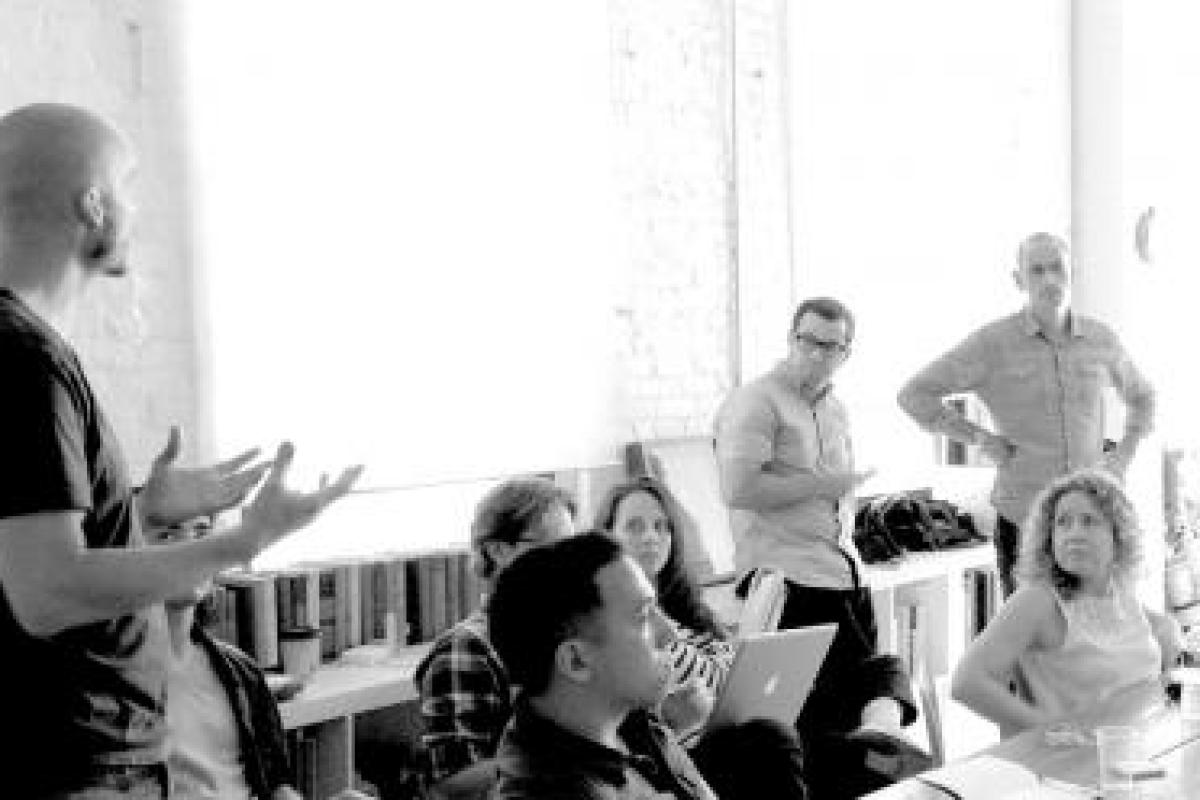Influencer marketing is becoming a key area of attention for CMOs who want to increase the impact of their brand on social media. But is it possible to build true “affinity at scale”?
The question raises critical considerations:
- Is the ecosystem large enough to grow my influencer target community X times?
- How can I move from campaign-based outreach to ongoing conversations?
- How much does it cost and how much human resource do I need?
- What is the best organisation to maximize the efficiency of our practice?
Our experience working with early adopting global brands provides us with great illustrations of the solutions that complex organisations implement to solve their scaling challenge, mainly around the 4 following key elements:
1. Influencer Mapping
- Because influence is defined by context, audience segmentation is the most successful strategy to expand your influencer base. Think beyond your core product, look at interest points from your customers. Aligning with your customer journey can prove extremely powerful.
- Context being also about local communities and languages, expanding your program geographically can be very efficient. It is relevant for leading brands like Microsoft but also for local organizations with a strong international customer base
- Look beyond social media stars: Although influence is concentrated in the hands of few people, Stanislas Magniant of Coca Cola demonstrated that focusing on more influencers with smaller reach provided stronger engagement and organic outcome
2. Sustaining Engagement
- Planning your engagement for each influencer or influencer archetype gives you visibility over your activities frequency and is key to integrate your campaigns into your activation strategies
- Setting up an always-on program and engaging on a daily basis is without any doubt the best way to create proximity and relevance within your targeted communities over time
- The WIIFM (What’s In It For Me) of Minter Dial ensures your engagement remains relevant: think “help help help” before thinking “ get get get” to maintain the interest of your influencers over time
- Don’t always solicit the same individuals who are your strongest advocates: work along your influencer funnel from the bottom up through the “engagement ladder” and build a wider set of supporters
- Automation? Well, here is THE bad idea. Mass emailing or building campaigns through influencer marketplaces goes directly against what influencer relationships stand for: organic impact on conversations for your brand. Refer back to points 1 to 4
3. Resources
- Influencer programs can be cross-functional and impact multiple teams within your organization, which provides a great opportunity to maximize impact and scale through existing resources.
- Best resources to own the practice? There is no one answer. While Coca-Cola leverages their customer service teams’ experience, Orange created a dedicated resource to manage activities centrally and coordinate the different stakeholders
- Externalization can be a powerful option. Leading French retailer Monoprix has built a sophisticated program across product categories through selected agency partners that activate relationships.
- Mixing personal and scalable engagement activities helps to optimize resources. For their #AccessAllASOS program, targeted at their most influential fans, ASOS provides exclusive opportunities together with more widely available experiences
- Global programs leverage local resources. As Stanislas Magniant said: “You can give a general direction, propose materials and ideas, but influencer programmes are about relationship-building and requires local presence to execute the strategy.”
4. Organisation
- As John Hartley of Samsung Europe puts it re; governance: “Governing the many conversations is a significant challenge if you are talking to people about a wide range of products, across many markets, through many channels.”
- With industry bodies starting to crack down on disguised paid endorsements, compliance with local regulations is becoming critical, implying internal controls and processes but also awareness and education within the organization
- With increased resources being invested, consistent KPIs and reporting become fundamental. A clear measurement framework such the one recommended by AMEC provides a strong foundation to scale investment overtime based on return metrics.
Technology
As organisations scale their programs, technology also becomes without any doubt a critical success factor to help achieve affinity at scale and successfully implement the solutions outlined above.
Expected benefits from the right technology partner should include:
- Efficiency and increased productivity of the teams
- Data driven decision making
- Increased impact through prioritisation on the most relevant content and people
- Cross functional and multi user collaboration
- Adoption/UX
- Global footprint
- Consistent measurement frameworks
With the right technology partner, organisations can implement processes, stimulate collaboration, optimise their resources and above all maximise the impact of their investments and efforts.
